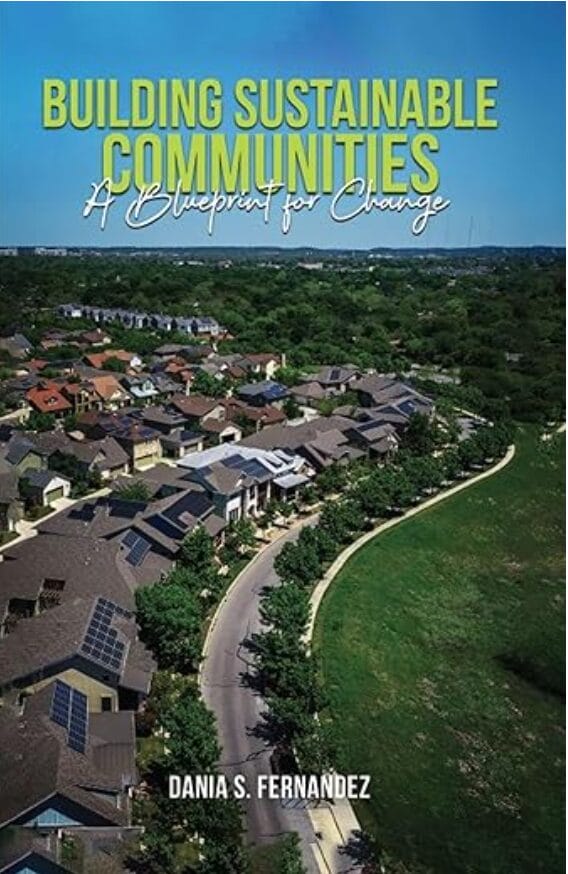
The Florida Condominium Act is defined in Fla. Stat. §718. Composed of seven parts, the Act sets forth the laws that govern the formation, operation, management and regulation of all condo associations in Florida.
Whether you own or plan to own a condo in Florida, it’s essential to understand the basics of this Act to protect your investment and rights as a condo owner. If you serve on your association’s board of directors, understanding the ins and outs of the Condominium Act is even more important.
An Overview of the Florida Condominium Act
The seven parts of the Condo Act include:
- Part I – General provisions
- Part II – Rights and obligations of developers
- Part III – Rights and obligations of association
- Part IV – Special types of condominiums
- Part V – Regulation and disclosure prior to sale of residential condominiums
- Part VI – Conversions to condominium
- Part VII – Distressed condominium relief
By definition, a condominium consists of a building or group of buildings with individually owned units and common areas that are shared by all owners. The Act offers clear delineation between the owner’s “unit” and an association’s “common elements.” Relative to a conventional residential home, for example, condo owners exercise very limited individual control over the shared property and policies affecting the community. Decisions, rules and regulations that impact the association are made by the board and set forth in the association’s CC&R documents and bylaws.
Board Member Responsibility Under the Florida Condominium Act
Under the Florida Condominium Act, condo associations must hold annual meetings to discuss and approve budgets, elect board members, and review the association’s financial reports. Again, the process for these matters should be detailed in your association’s governing documents. Condo owners are encouraged to attend board meetings to stay informed of the association’s operations and to exercise their right to vote on important matters.
Condo board members are also responsible for collecting association fees and assessments, which are then used to cover the costs of maintaining and repairing the common areas. The fee amounts and their intended purpose must be included in the annual budget. If a unit owner fails to pay their fees and assessments, the board may have the authority to place liens on a unit owner’s property.
Dispute Resolution Under the Florida Condominium Act
Another key aspect of the Florida Condominium Act is its regulations for resolving disputes between condo owners and associations. In the event of a dispute, condo owners should first consider internal dispute resolution before taking more significant legal action, such as mediation. In fact, the Condo Act stipulates that “There must be a provision for alternative dispute resolution as provided for in § 718.1255 for any residential condominium.”
Understanding the Florida Condominium Act is essential for association board members and anyone who owns or plans to own a condo in Florida. If you have questions about the act, how to best fulfill your board member responsibilities or what to do in the event of an association dispute, our team at Dania Fernandez and Associates, P.A. is here to help. Contact us today to learn more about how we can assist your Miami condo association.


our condo board in daytona beach is proposing to reduce the number of individuals required to make a quorom with their reasoning being they can never achieve this with the existing rules – as a snow bird this does not bother me since many times i cannot attend a meeting – however if they were successful – under florida law – would this enable them to introduce a universal HOA structure where no matter what the square footage of your unit was you would pay the same monthly fee??
Is there a statement for the responsibility of a condo association architectural and review committee. I have chaired this committee for over 10 years but we seem to always get challenged frequently, no matter how frequently we publish educational information in our newsletter. Someone always wants an exception. The committee’s stance is to treat one and all the same.
We have one unit (out of 384) that had a condenser installed on a platform plus raced it another 12 inches making it an eyesore in the area. The specifications did not state inches from the ground it just stated inches of the condenser requirements. this person has threatened to sue if we require him to lower the unit. He was within the written Specifications. The unit itself is an eyesore for the area, since it is quite a bit higher than the other units in the complex. Residents have complained, but the Committee is not sure how to proceed legally, or having it lowered to be un uniform with other units. How do you suggest we proceed?
The lease application in the condominium development where my husband and I own a unit includes these nonrefundable fees (all paid by the person applying to rent or purchase) :
– a nationwide criminal background check fee of $75 per adult made payable to the management company
– an application fee of $100 made payable to the condominium association
– a processing fee of $200 made payable to the management company
The management company maintains that these fees are legal because only the application fee is considered a transfer fee, and that the background check fee and processing fee are fair compensation for their services.
Is this interpretation of the Florida statues correct?
Do all owners have agree to change from condo assc to a homeowners assc in the state of Fla.
In my opinion you are not right. I am assured. I can defend the position.
buy czech republic virtual phone number online https://virtual-local-numbers.com/countries/52-czechrepublic.html for calls, sms, registration (otp)